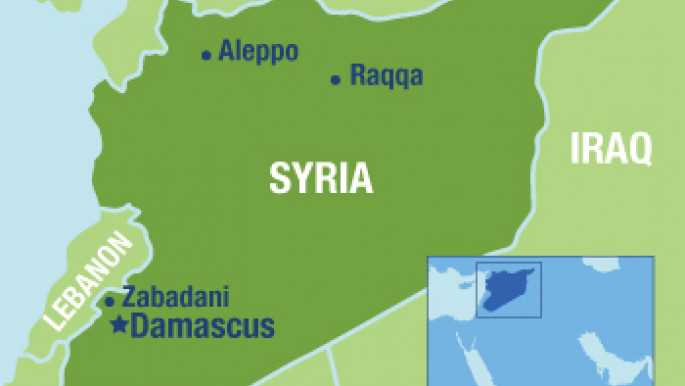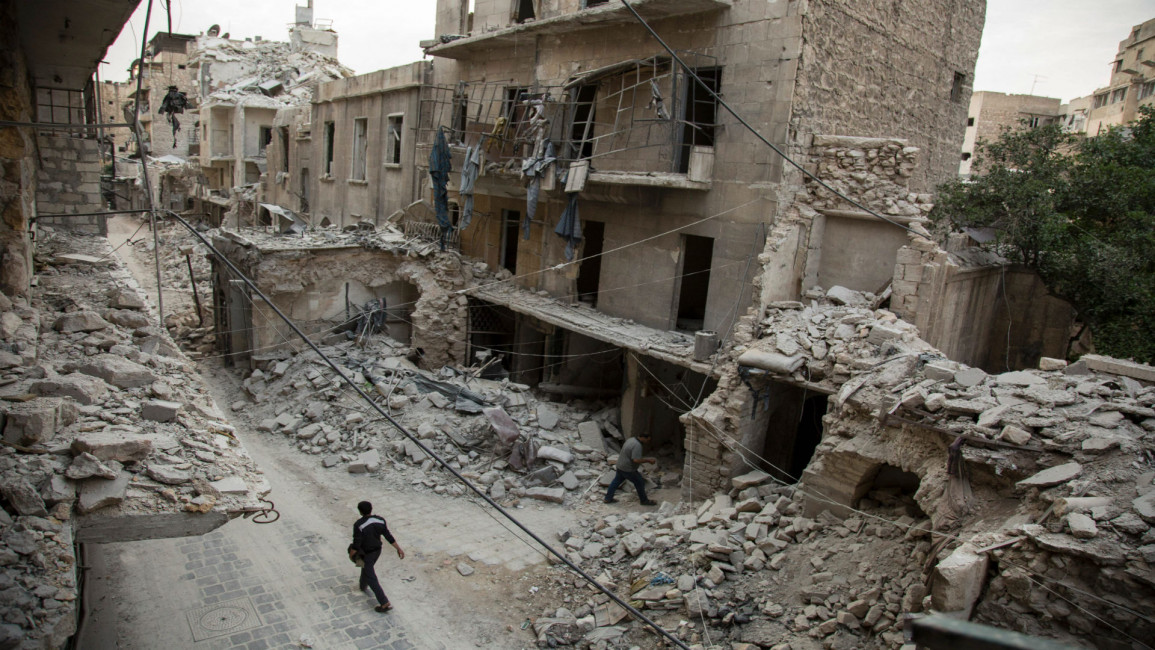US, Russia agree 48-hour Aleppo truce
The United States and Russia have agreed to work with Syria's warring parties to extend a shaky truce to the city of Aleppo, the State Department said Wednesday.
"Since this went into effect today at 00:01 in Damascus, we have seen an overall decrease in violence in these areas," spokesman Mark Toner said.
"To ensure this continues in a sustainable way, we are coordinating closely with Russia to finalize enhanced monitoring efforts of this renewed cessation," he said.
Syria's army on Wednesday night said it will abide by the two-day ceasefire in Aleppo.
"A truce will be in place in Aleppo for 48-hours from 1:00 am on Thursday (2200 GMT on Wednesday)," a statement from the regime's army command said, according to the official SANA news agency and state television.
Last week, Washington and Moscow agreed to monitor a truce between Bashar al-Assad's loyalist forces and opposition in rebels in Latakia and Eastern Ghouta.
But the divided city of Aleppo, a major commercial center in the north of the country, was excluded from their efforts and fierce fighting continued there killing at least 280 people since 22 April.
 |
|
Russian officials at first said that they would not try to rein in Assad's forces, whom they said were targeting "terrorists" not party to the ceasefire.
But US Secretary of State John Kerry and UN peace envoy Staffan de Mistura have since petitioned Russia for a return to a nationwide truce agreed in February.
"We look to Russia as a co-chair of the International Syria Support Group to press for the Assad regime's compliance with this effort," Toner said.
"And the United States will do its part with the opposition," he added.
"It is critical that Russia redouble its efforts to influence the regime to abide fully by the cessation."
Once a nationwide "cessation of hostilities" is again in place, the United States and United Nations hope the warring parties will return to peace talks.
However, Riad Hijab of the opposition's High Negotiations Council on Wednesday said that talks with the regime had reached a dead end.
Speaking from Germany, Hijab said the opposition wanted a new initiative that set a clear timetable for a political transition without Assad and his supporters.
He also called for a general ceasefire across Syria, and not one that only includes certain areas.
"There needs to be an agreement according to UN Security Council resolution 2268 that includes all Syrian areas where moderate opposition exists," Hijab said before the talks in Berlin with German and French foreign ministers and the UN's Syria envoy.
John Kerry on Tuesday warned that if Assad's regime does not agree to begin a political transition away from his rule by 1 August, it may face unspecified "repercussions."
Reports in Washington suggest that this may mean the United States or its allies in the region are stepping up military supplies and training for the rebels.
Agencies contributed to this report.


![Morocco Israel [Getty] Morocco Israel [Getty]](/sites/default/files/styles/image_330x185/public/media/images/AE22E2B5-5046-42CE-AA20-F9869E5A1E9B.jpg?h=d1cb525d&itok=9YeA_Yk1)
